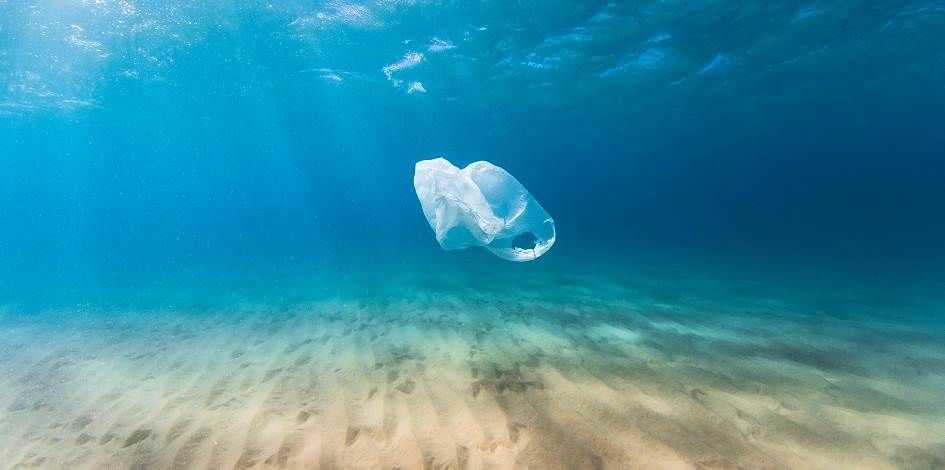Lombard Odier has updated on its partnership with charity Plastic Bank, revealing it has removed almost 40m plastic bottles from the ocean in the year since the initiative began, which has positively impacted the lives of 5,621 individuals.
Last year, global wealth and asset manager Lombard Odier announced the partnership with Plastic Bank to help prevent ocean pollution and committed to funding the collection of over 795 tons of ocean-bound plastic in Haiti and Egypt. It has confirmed this target had been met – equivalent to more than 39 million plastic bottles – and 90% of materials have been recycled.
Lombard Odier funded the initiative through the structured product Blue Note, which has seen investments of almost $70m.
It has also created the Lombard Odier Cherry Note, again in partnership with Plastic Bank, to support children with educational bursaries that can be used towards tuition and school supplies, while also helping collectors earn an income through the collection of plastic. The premium collectors receive helps them provide basic family necessities such as groceries, cooking fuel, and health insurance.
As a result of the Cherry Note, Lombard Odier will be able to provide bursaries to 3,500 children, while also preventing the equivalent of over 16.5m bottles from entering the ocean in Indonesia and the Philippines.
David Katz, CEO and founder of Plastic Bank, commented: “Our ultimate aim at Plastic Bank is to build an equitable and regenerative society, by eradicating poverty and protecting the environment for generations to come. In partnering with Lombard Odier, we have a fellow innovator that shares our convictions around a fair society and sustainability.
“Accordingly we are thrilled to have bolstered our partnership and look forward to continuing to work together in steering environmental and social impact.”
Meanwhile, Stephane Monier, CIO at Lombard Odier Private Bank, said: “ At Lombard Odier, we believe in the urgent need for a fundamental redesign of our economic model, which is currently unsustainable. We must evolve and transition to a more sustainable, regenerative alternative – a future based on a circular, lean, inclusive and clean model.
“Our partnership with Plastic Bank directly supports this aim, through minimising waste and ocean pollution, as well as supporting the creation of a fair and secure society through increased access to education for all.”








